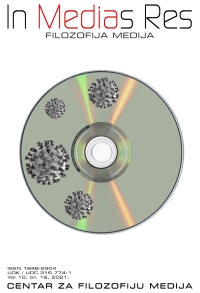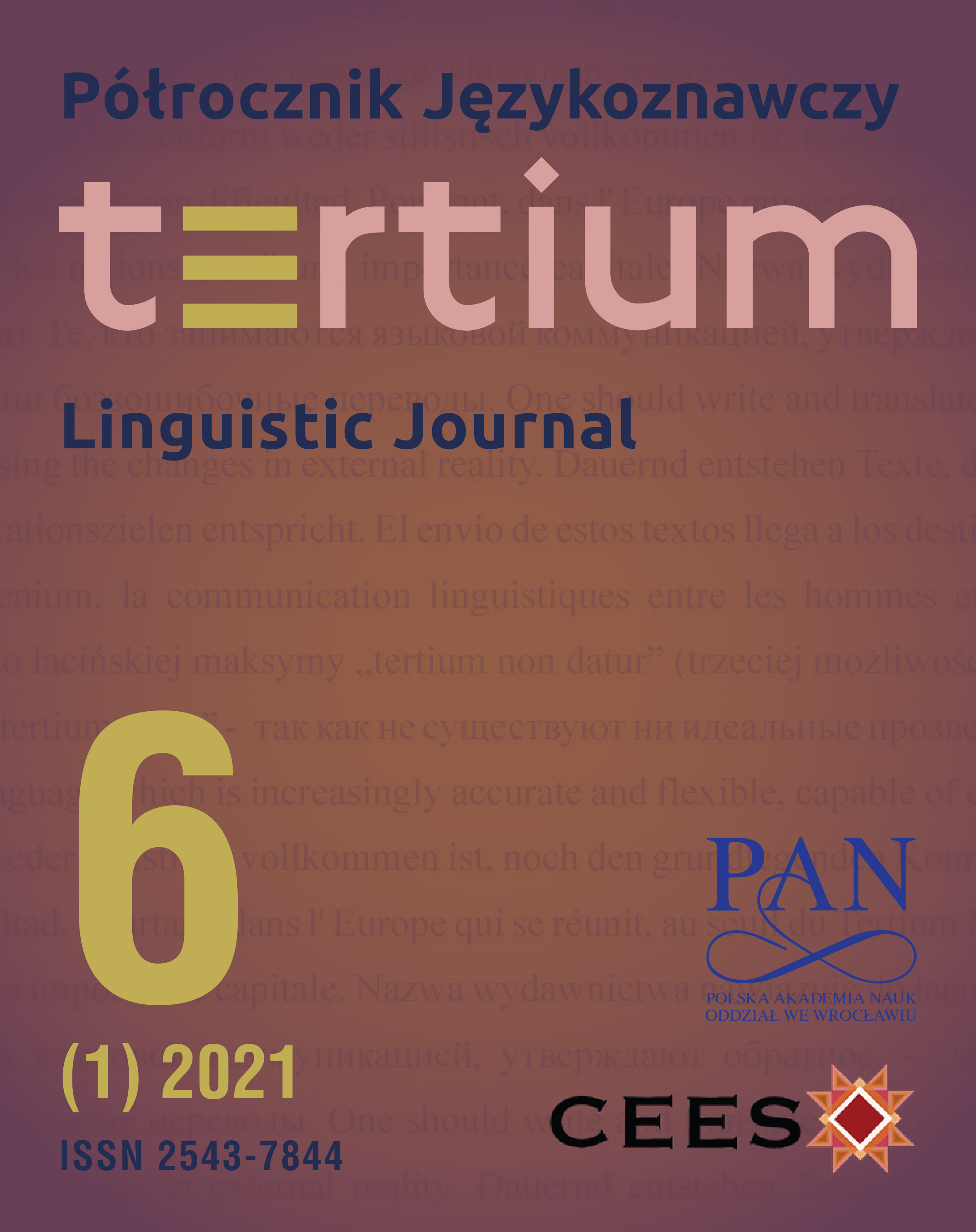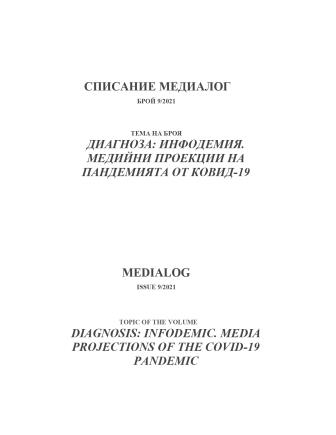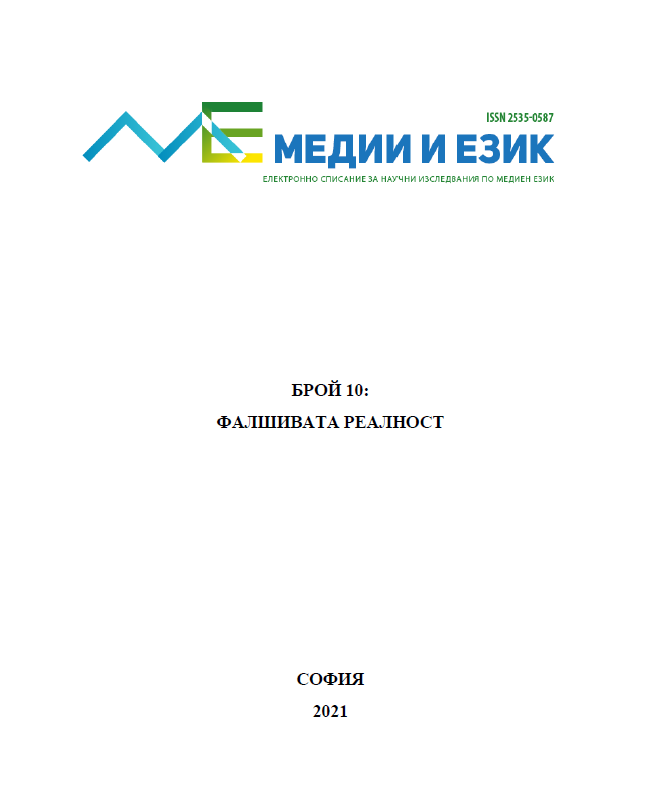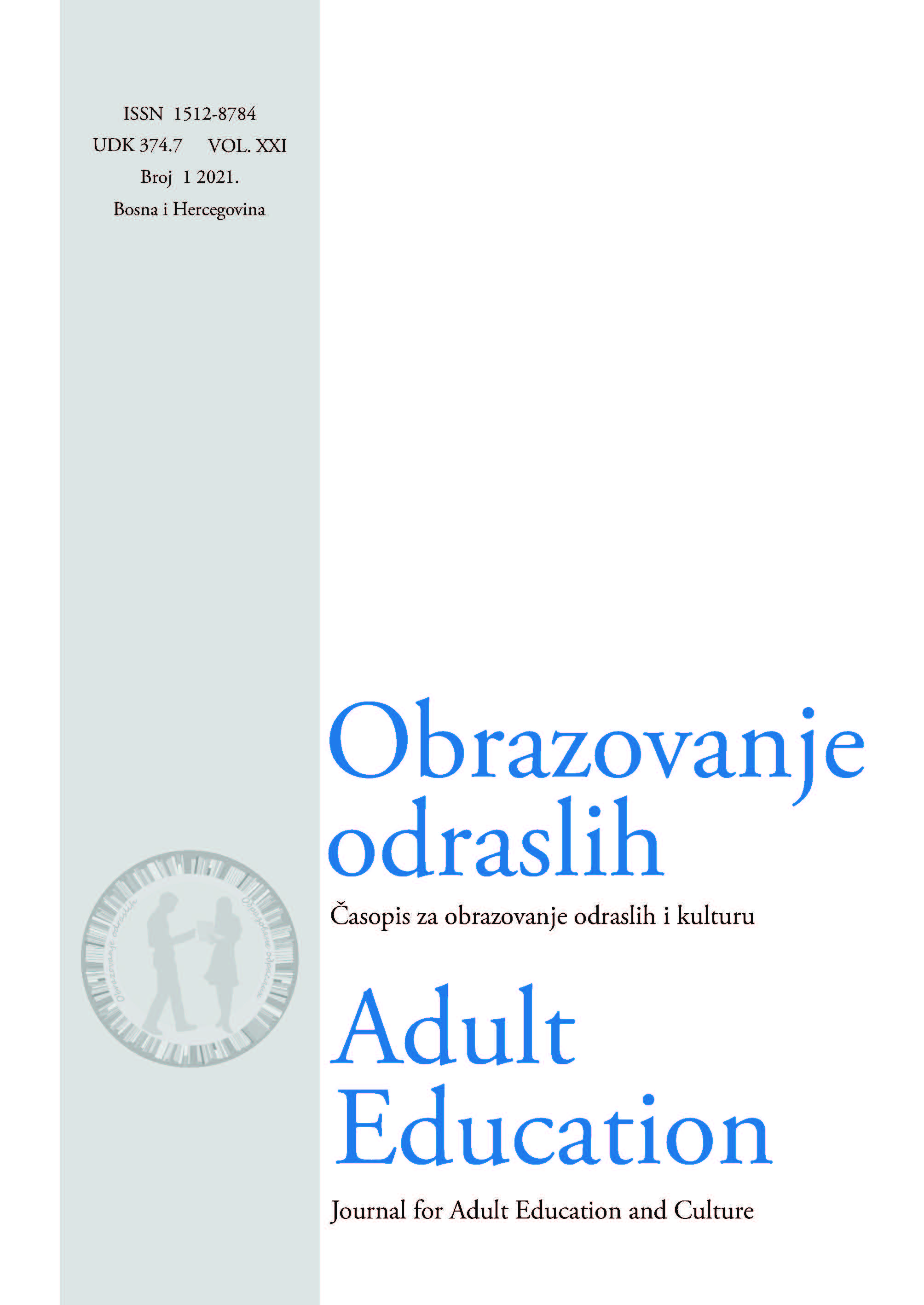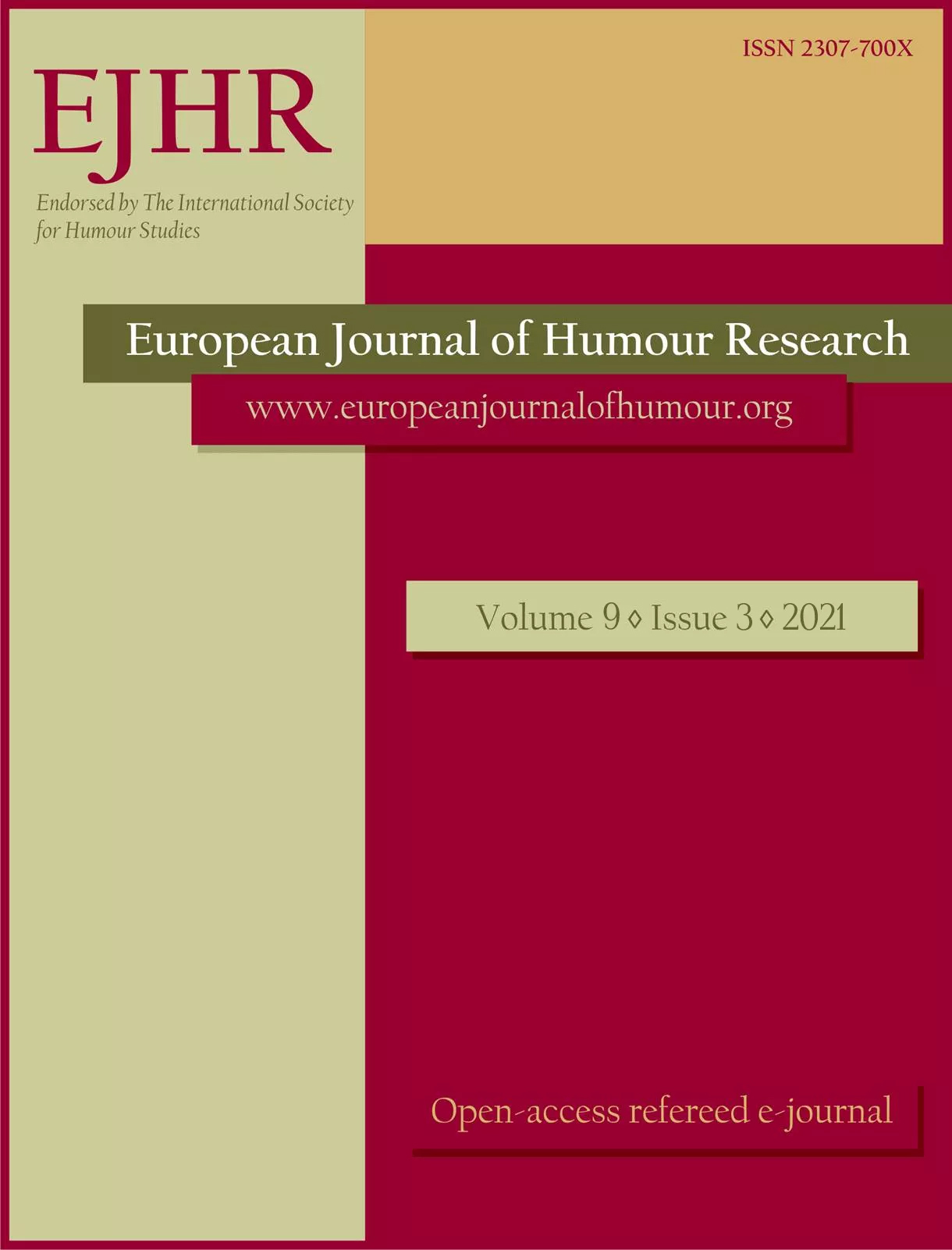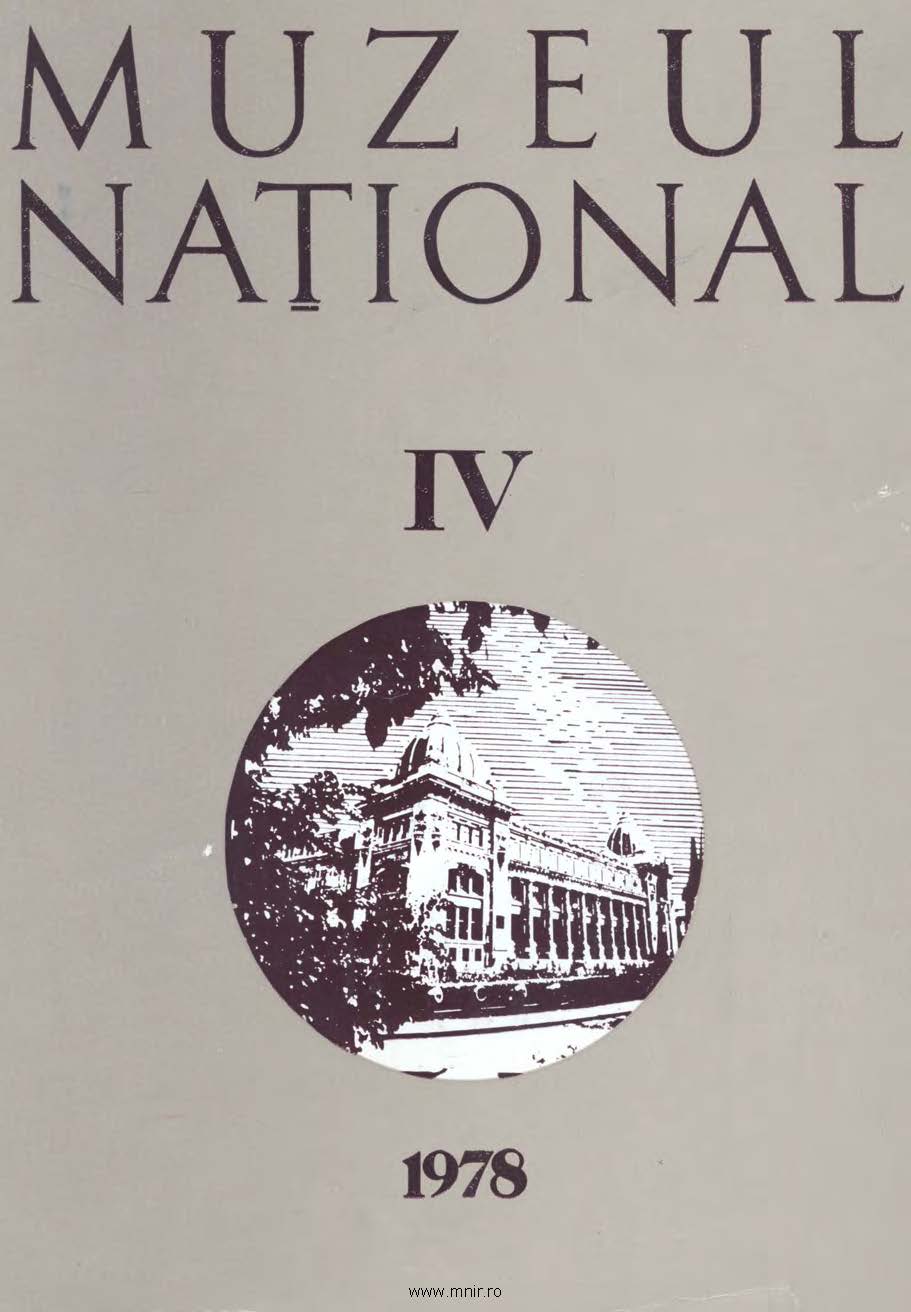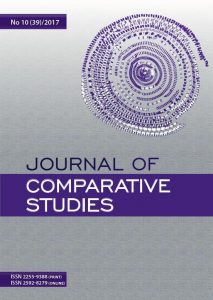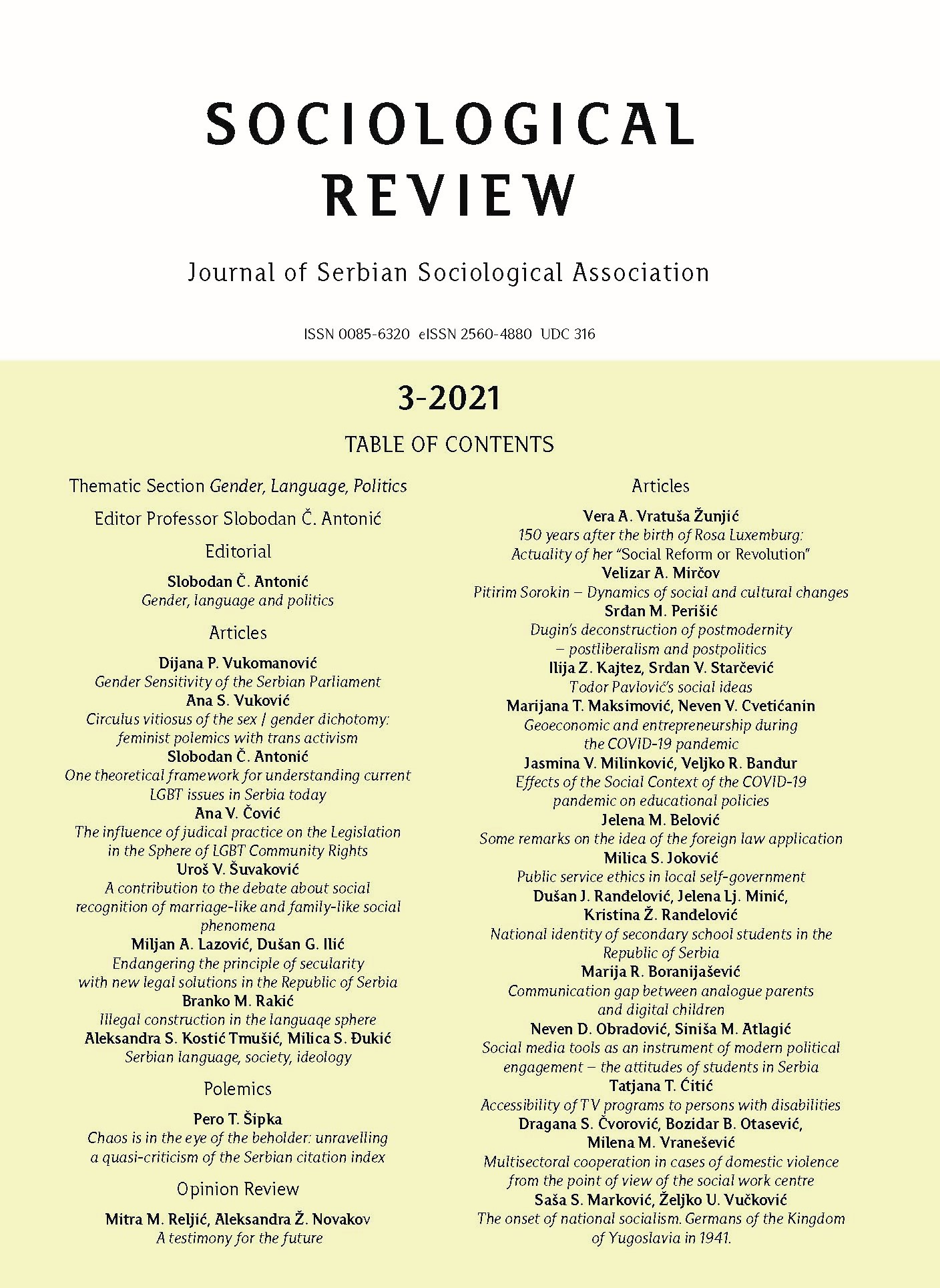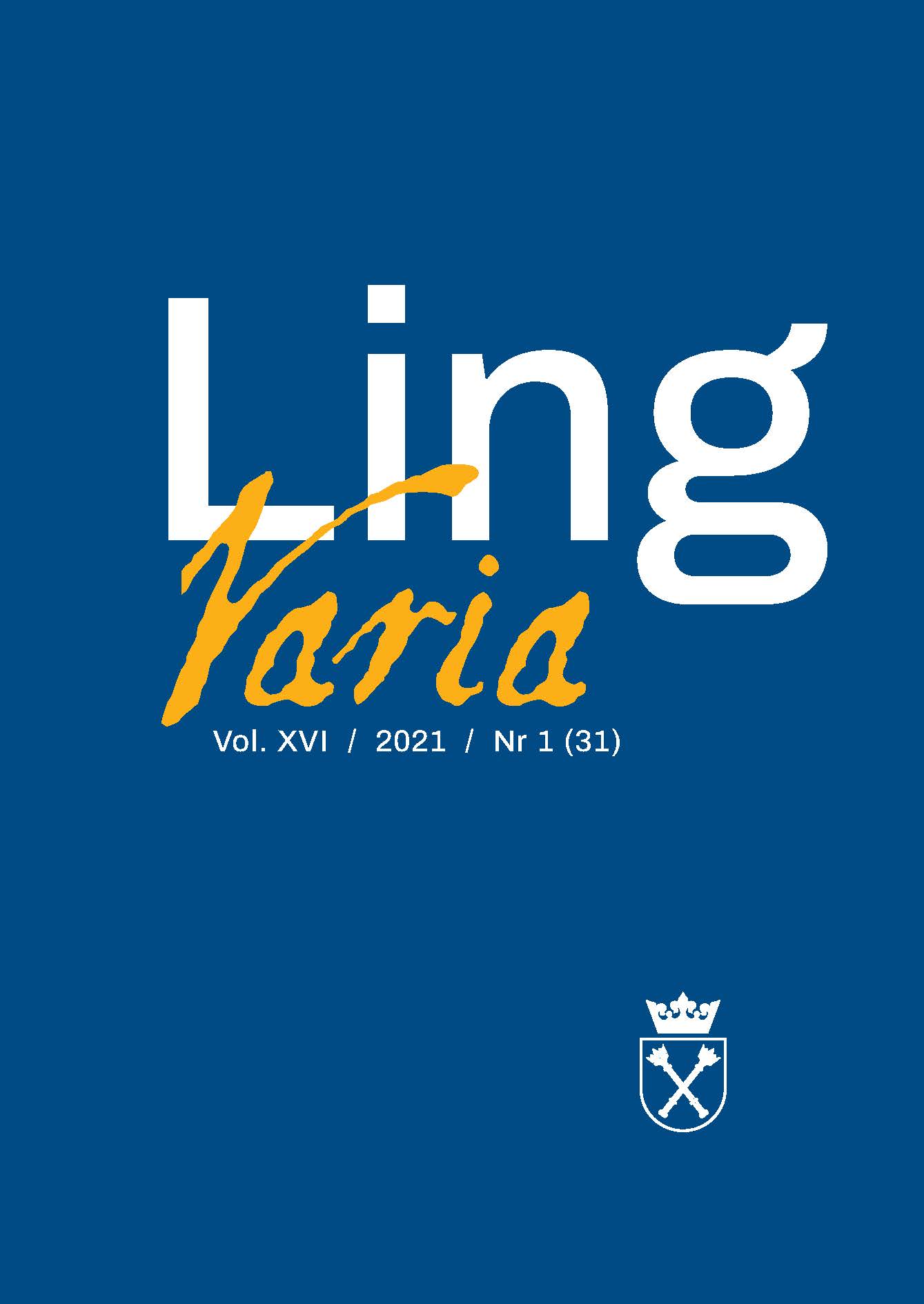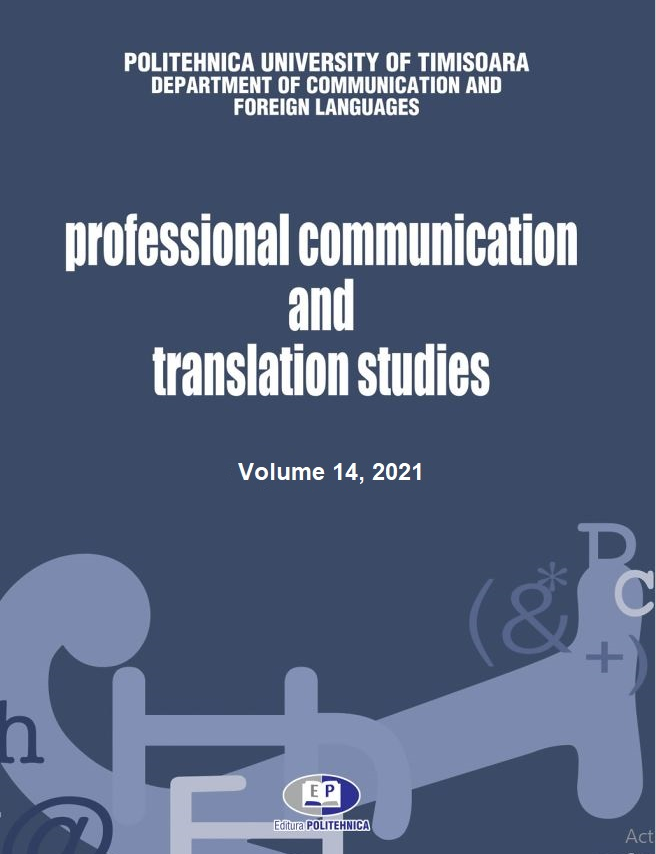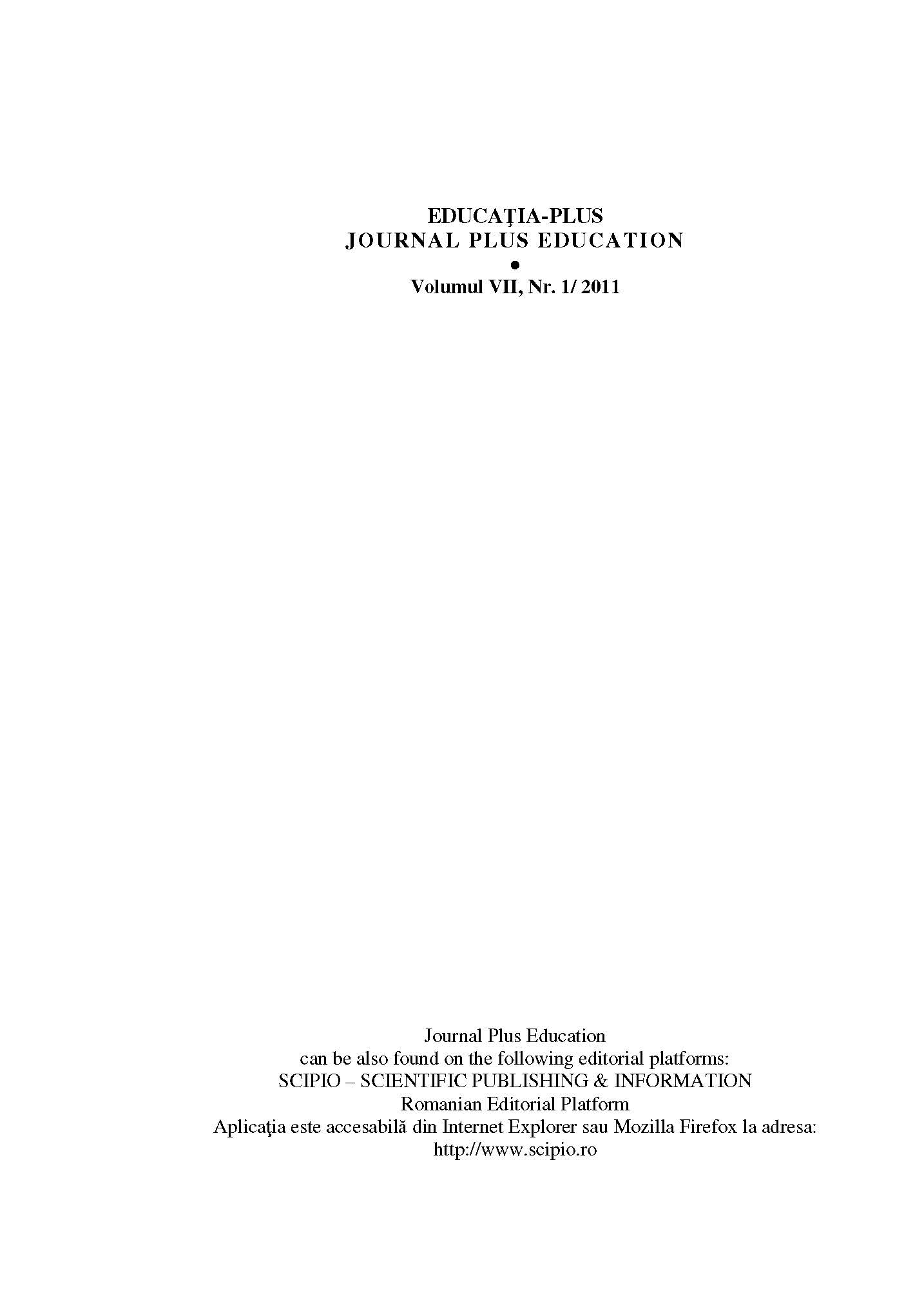
Education Through Advertising’s Metaphors
The study of brand choices based on our metaphorical interpretations can lead us to consider, in a more realistic way, the construction of individuals and today's world, as well as trades and relations that undertake a range of interconnected social processes. Eventually, the extensive process of media consumption - choosing, buying, and using - of goods, could provide us with answers to important questions, like “who are the social actors?”, “what kind of rules do they follow?”, or “what are their values?”. In this sense, this paper will try to discuss the important educational role of the advertising discourse. By promoting a vision of reality, advertising assumes a social responsibility also. In a way, an advertisement educates people about the product or service being advertised, but also about the values communicated through a proposed brand identity. We will focus on the metaphorical constructions that are involved in advertising communication, the social and ideological campaigns, as well as the role of the new media tools in targeting the emotional potential of the target audience. Fallowing I. Richards’s and G. Lakoff's theory that people frequently use metaphors in their daily conversations, we advances the conclusion that metaphor is an omnipresent principle in language through which advertising is connected to us. We therefore believe that the recurrent use of metaphor in advertising communication doesn't serve the purpose of generating the surprise of the consumer public anymore, but responds to an existential need for understanding reality. Furthermore, as we will try to argue, it is mainly due to this double metaphorization of the advertising discourse that it can be understood by such diverse masses, managing to bridge socio-cultural gaps. Furthermore, we will try to encourage a reconsideration of educational methods proposing the new applications of advertising’s discourse as possible ways for better understanding of nowadays values and identities.
More...
